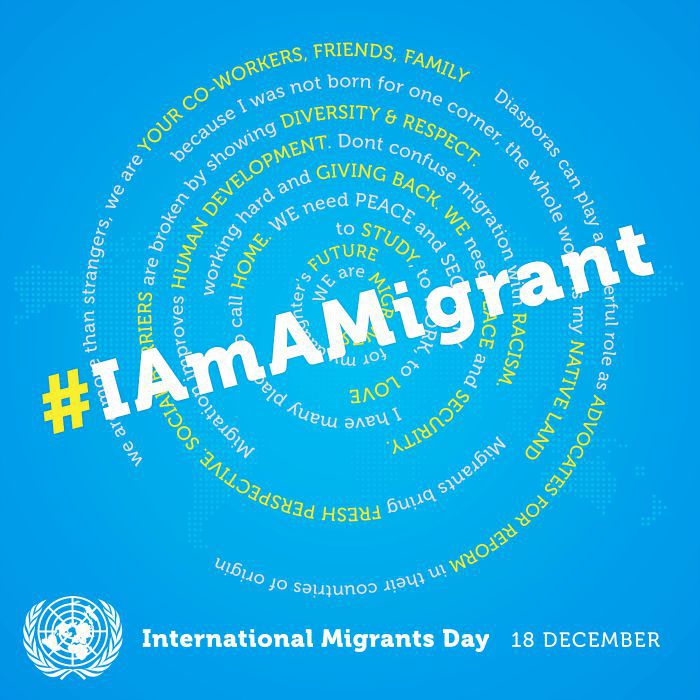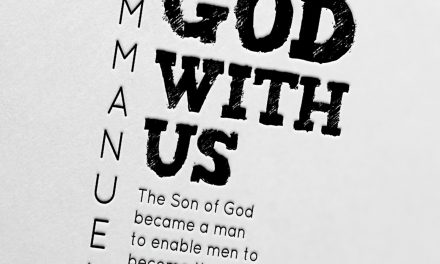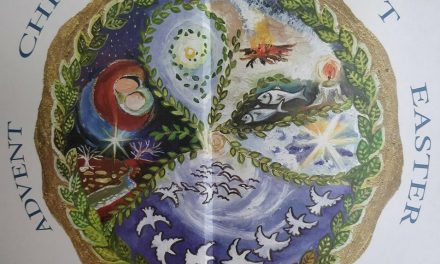“Migration is an expression of the human aspiration for dignity, safety and a better future. It is part of the social fabric, part of our very make-up as a human family,” the UN Secretary-General Ban Ki-Moon.
The United Nation General Assembly declared the 18 December as International Migrants Day, a day to celebrate the role of the migrant and the contribution that migration brings to development. However, beyond the development contribution and migration role narrative of UN shaped by economic interest, migration is connected with relationship with God (Ps 137:4). In a world of immigrants, our citizenship is in heaven, hence the declaration by UN speaks to all and not only to people defined by borders, by lines on a map who find themselves as strangers across a different border. According to Pope Francis, ‘most of us were once foreigners,’ hence we have to reject a ‘mindset of hostility.’
Today, the fourth Sunday of Advent, in our gospel lesson, we read about Joseph, an ordinary, quiet, faithful migrant and through the quiet faith of this ordinary migrant, God was accomplishing salvation for the whole world. The spirituality of migration points us to God’s plan and process of salvation for the world. The signs of migration is the sign of Emmanuel, God with us working great miracles even through migrants in ways unspectacular and unexpected, we need to open our eyes and hands to the possibilities and not to hostilities. Advent calls us as Christbearer to take responsibility for the work of the Spirit in anticipation for Christ’s second coming.
The reflection is that immigration and movement of people has biblical roots, both in the Old and New Testament. Israel, the chosen people were oppressed into slavery in Egypt, with God’s help, they escaped into the desert until God fulfilled for them the promise of a land they could call home. Advent season through the lens of Matthew gospel points to a preparation and anticipation to welcome Jesus himself as an infant refugee fleeing his homeland for self protection from king Herod. Luke’s narrative on Gabriel’s visit to Mary started the process of exile or refugee status for Mary and Joseph. They wish to stay, but their circumstances forced them to leave their sweet home. Experientially, exile or migration from your homeland is heartbreaking and hard to bear especially in an hostile community or association. Victor Hugo, exiled from France because of his opposition to Napoleon III said: ‘Exile has not only detached me from France, it has almost detached me from the earth.’
In the New Testament, Apostle Paul established the equality of all people before God and this also provides a biblical guide on the issue of migration and the movement of people (Gal 3:28). Advent calls us to learn and see the face of God in every refugee, migrant or immigrant. The reflection is that just as Herod’s immigration policy could not stop the first Advent, the birth of Jesus, no nation’s immigration policy can stop or turn away the second Advent, the second coming of Jesus. The second Advent is about the coming deliverer, The Messiah. The world is going to be saved in Jesus Christ, so let get ready to receive Jesus Christ and as Christbearer, spread the Good News of the second coming of Christ.
Prayer: ‘Lord Jesus, today you call us to welcome the members of God’s family who come to our land to escape oppression, poverty, persecution, violence, and war. Like your disciples, we too are filled with fear and doubt and even suspicion.’ Let us pray and ask God to help us break the barrier in our hearts and minds. Let us pray for the refugee crisis in the world and especially in Europe and Middle East.











Amen in Jesus mighty name Amen.
To God be the glory. Thank you ma